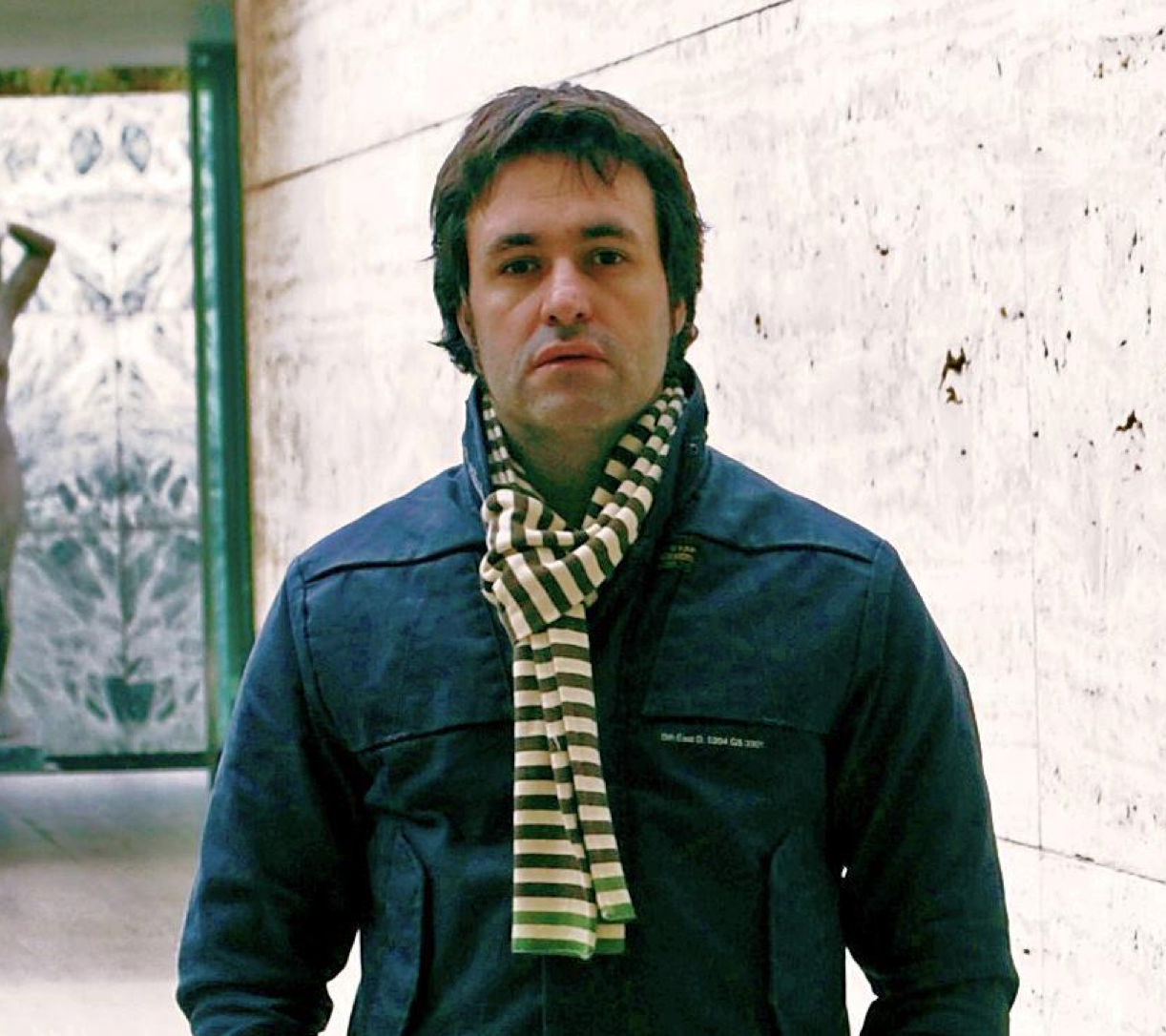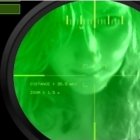The purpose of this track is to analyse the current practise of digital humanities and how the humanities may evolve through their engagement with technology, media, and computational methods. Humanities are facing an era full of challenges and opportunities regarding the accessibility to ever growing and interconnected digital data. In this context of big data, infrastructures, citizen science, visualization, etc. are examples of key aspects needed to enable cultural and scholar exploration. Our objective is to draw together humanists who are engaged in digital and computer-assisted research, teaching, and creation.Although we pursuit to shed more light to current the challenges and achievements in digital humanities around the globe, we maintain a particular focus on the particularities of the European context.
Topics
The main topics regarding this track are related but not limited to the following ones:
- humanities research enabled through digital media, and computational methods
- computer applications in literary, linguistic, cultural, and historical studies
- visual approaches enabling novel ways of analysis and exploration of resources
- studies regarding the role of art and design (design thinking) in humanities
- open science and citizen science enabling cultural change towards collaboration and openness
- enhancing education in humanities through serious games
- digital arts, architecture, music, film, theatre, new media, digital games, and related areas
- creation and curation of humanities digital resources
- social, institutional, global, multilingual, and multicultural aspects of digital humanities
- interdisciplinary aspects of digitally enabled scholarship
- innovative methods of application of 3D, robotics, drones, natural user interfaces, etc. in the context of the humanities
Sessions: Presentation
Session will be organized in thematic threads. Each thread will be presented as an interactive panel in which the participants will have about 10-12 minutes following a debate about it.
Submission
Submission dates: July 10th, 2017.
Submission format: http://2017.teemconference.eu/submission/
Submissions must be done through the EasyChair platform: https://easychair.org/conferences/?conf=teem2017.
Track Scientific Committee
- Eveline Wandl-vogt (Austrian Academy of Sciences, Austria) – Chair
- Roberto Therón (University of Salamanca, Spain) – Chair
- Francisco Javier Frutos (University of Salamanca, Spain)
- José Gómez Isla (University of Salamanca, Spain)
- Alexander O´Connor (ADAPT, Dublin City University, Ireland)
- Jordi Porta (RAE, Autonomous University of Madrid, Spain)
- Roberto Ranon (University of Udine, Italy)
- Mateu Sbert (University of Girona, Spain)
- Alexandra Angeletaki (Research librarian at the NTNU University library of Trondheim, Norway)
- Erik Champion (Humanities Faculty of Curtin University, Perth, Australia)
- Marianne Ping Huang (School of Comunication and Culture, Aarhus Uiversity, Denmark)
- Fermín Serrano Sanz (Ibercivis Foundation, Spain)
- Conny Kristel (NIOD Institute for War, Holocaust and Genocide Studies, Netherlands)
- Lars Wieneke (Centre Virtuel de la Connaissance sur l’Europe, Luxembourg)
- Roberto Scopigno, (Visual Computing Laboratory,Istituto di Scienza e Tecnologie dell’Informazione, Italy)
- Victor M. Lopez-Menchero Bendicho (University of Castilla-La Mancha, Spain)
- Cristóbal Suárez Guerrero (University of Valencia, España)
Chairs

Dr. Roberto Therón
Universidad de Salamanca
Plaza de los Caídos s/n
Salamanca 37008
Spain
 theron@usal.es
theron@usal.es

Eveline Wandl-vogt
Austrian Academy of Sciences
Austria
 Eveline.Wandl-Vogt@oeaw.ac.at
Eveline.Wandl-Vogt@oeaw.ac.at
